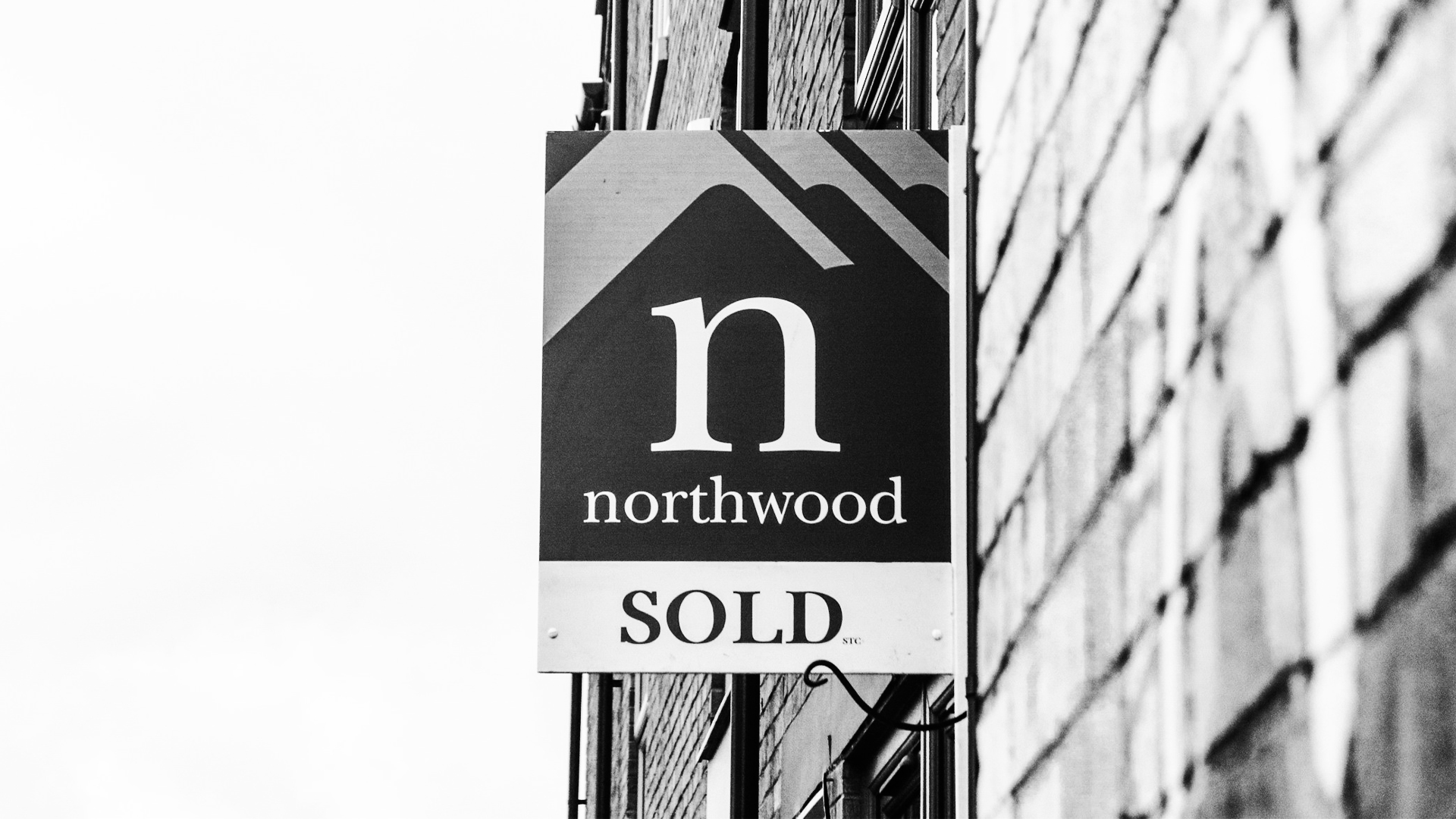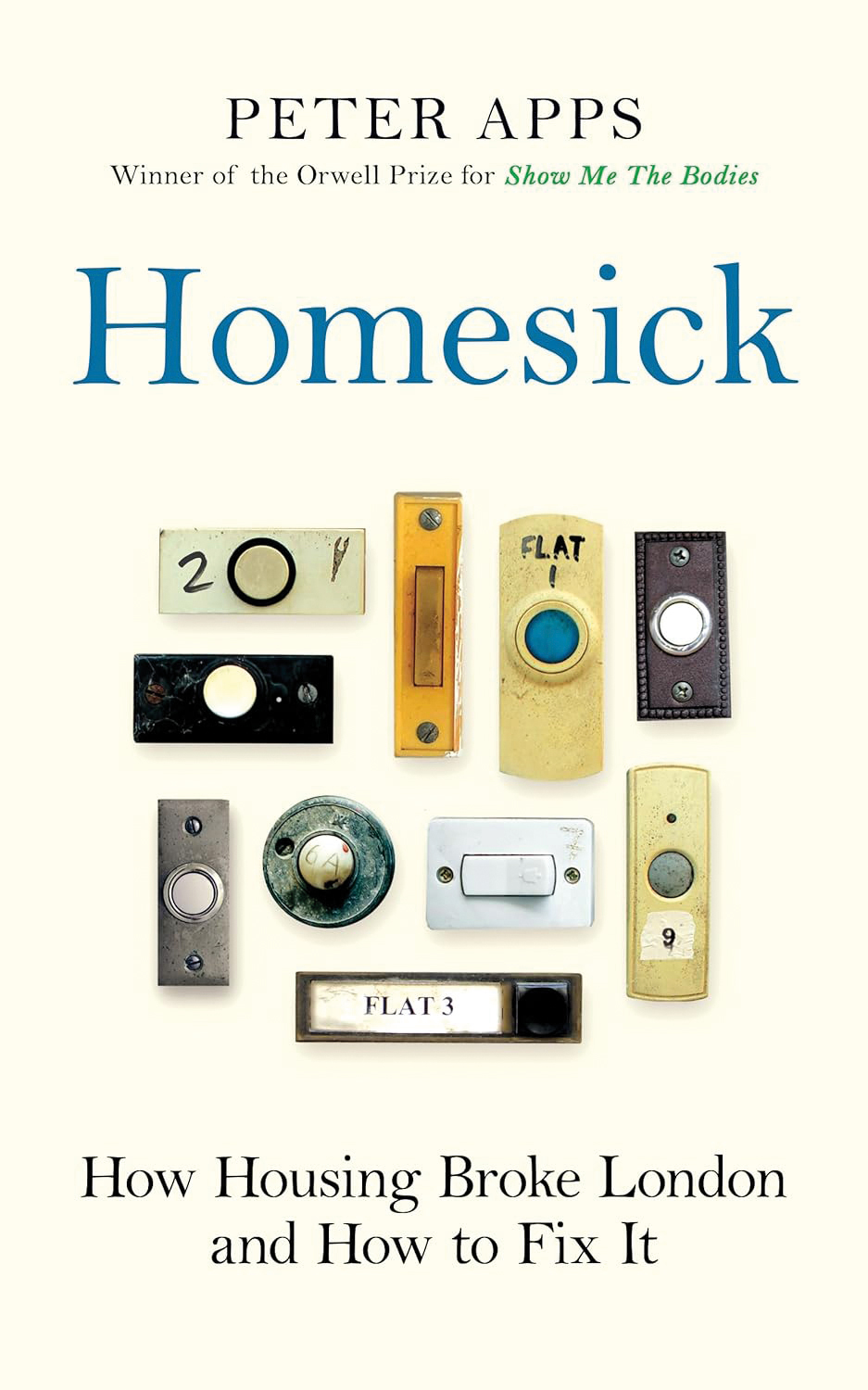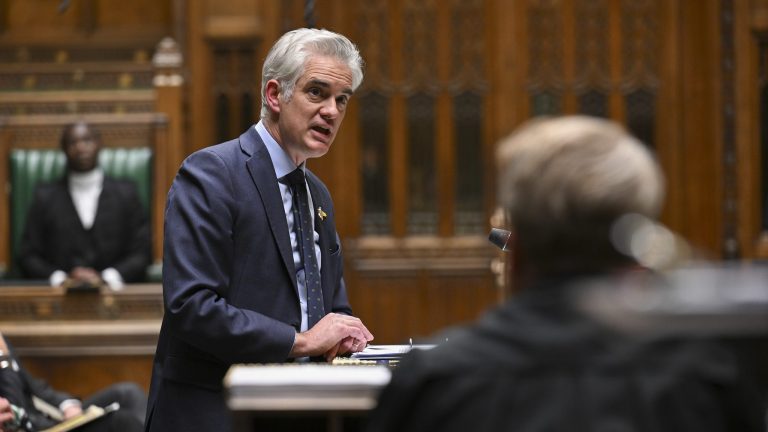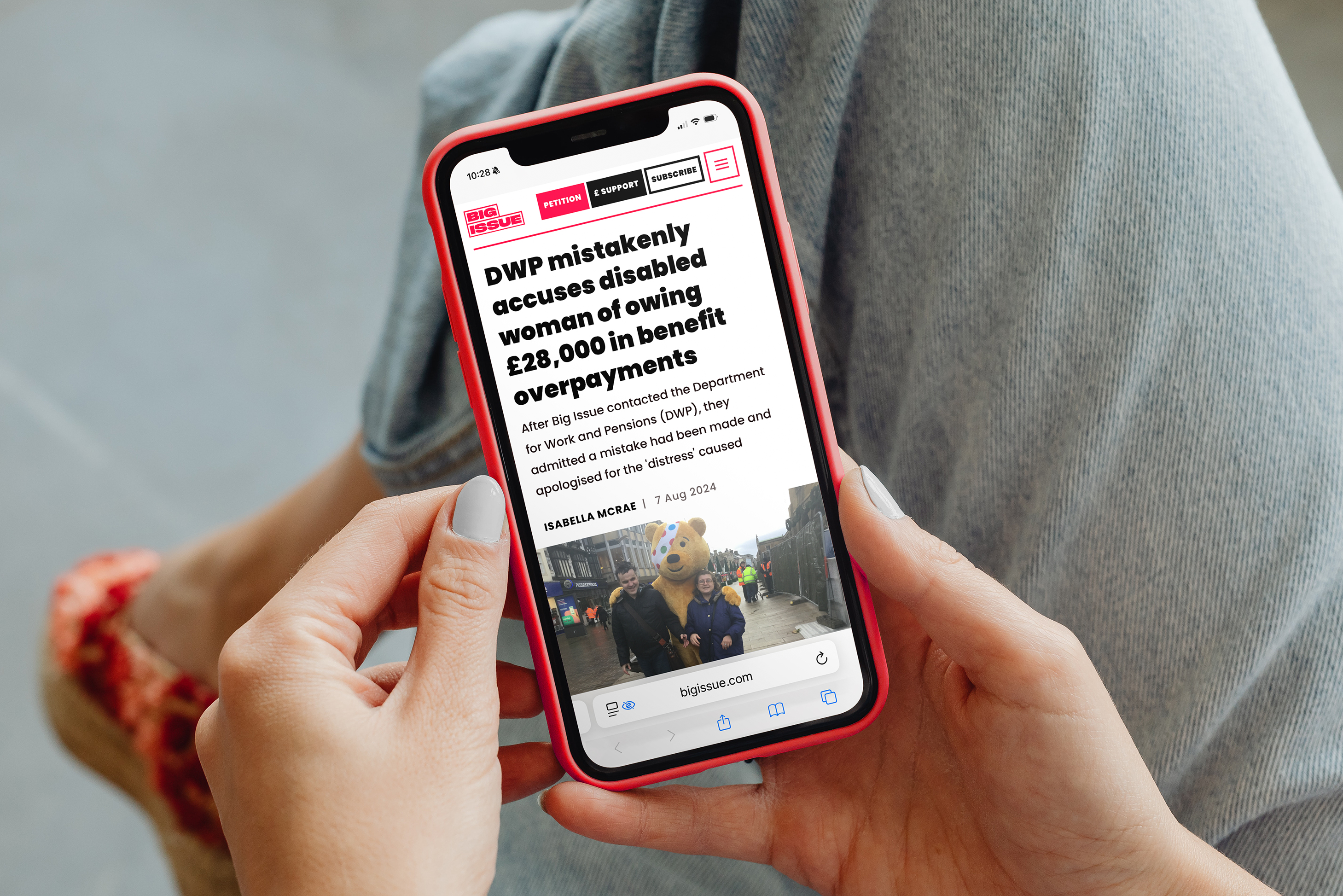What is called ‘temporary’ accommodation became permanent. London has more than 20,000 families who have been in temporary accommodation for more than five years. There are just 1,460 in this position in the rest of England combined.
Read more:
This is a huge crisis which demands radical solutions. The one in particular I would like to see used is municipalisation.
This is essentially the reverse of the Right to Buy. Rather than selling off council homes to private owners, councils buy up private homes and turn them into social housing.
This used to be a major element of social housing provision in London – and one that was pushed particularly hard by the Labour government elected in 1974 – which faced similar economic strife as today’s.
In the two years to April 1976, 60,000 properties were bought on the open market around the country for use as social housing. This process was led by Islington, which bought 4,000 by itself – with some street properties in the borough still part of its social housing stock.
Advertising helps fund Big Issue’s mission to end poverty
Municipalisation today would be expensive – there is no point denying that. It costs more than building new properties. But it works immediately: buy the house, and you can put a homeless family in it tomorrow (or at least within a couple of weeks if it needs improvement work). The costs start to be paid back immediately by the reduced cost of hotel accommodation.
New builds, which must navigate the planning process and all the vagaries of a difficult construction market, can take years.
There are levers which could be introduced to make the process easier. What if the worst rogue landlords in the private rented sector could be ordered to sell their properties to the council at
a discount?
It may sound radical, but it is a policy being explored by Andy Burnham in Greater Manchester. What if councils and social landlords came in to buy up properties which private developers are struggling to sell?
What if we offered tax breaks to landlords who sold their investment properties to the council?
Municipalisation is actually already happening. East Renfrewshire Council in Scotland has launched a campaign to encourage sellers to consider the local authority before putting their property on the open market. It means they get a chain-free cash buyer and skip estate agency fees and multiple property visits.
Advertising helps fund Big Issue’s mission to end poverty
Municipalisation is also happening overseas. In Barcelona, the city council has first refusal when an investor puts a block of flats up for sale in the city – and reallocates them to families who have previously been evicted from other properties.
London boroughs are swiftly going bankrupt, shelling out close to a billion pounds a year renting temporary accommodation, mostly from private landlords at extortionate rates. Wouldn’t the money be better spent buying homes.
Over time, the borrowing would pay back in reduced benefit costs and reduced temporary accommodation spend – not to mention the other intangible benefits from providing children a stable home.
Ministers may feel like they can’t afford it. But if they really understood the conditions these children are living in, they may start to feel that we can’t afford not to.
Peter Apps is an award-winning journalist and deputy editor at Inside Housing. His book Homesick: How Housing Broke London and How to Fix It is out now (Oneworld, £18.99).
You can buy it from the Big Issue shop on bookshop.org, which helps to support Big Issue and independent bookshops.
Advertising helps fund Big Issue’s mission to end poverty
Do you have a story to tell or opinions to share about this? Get in touch and tell us more.
Reader-funded since 1991 – Big Issue brings you trustworthy journalism that drives real change.
Every day, our journalists dig deeper, speaking up for those society overlooks.
Could you help us keep doing this vital work? Support our journalism from £5 a month.







